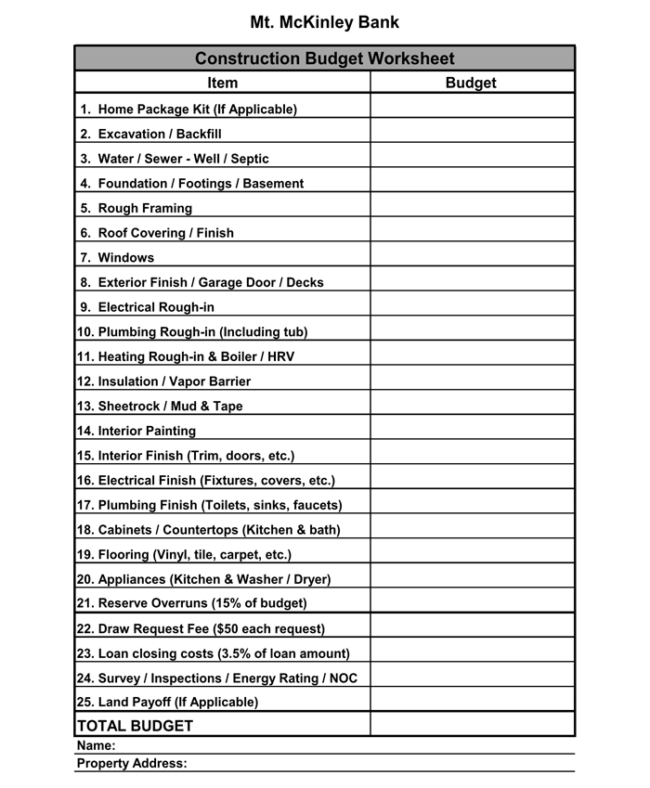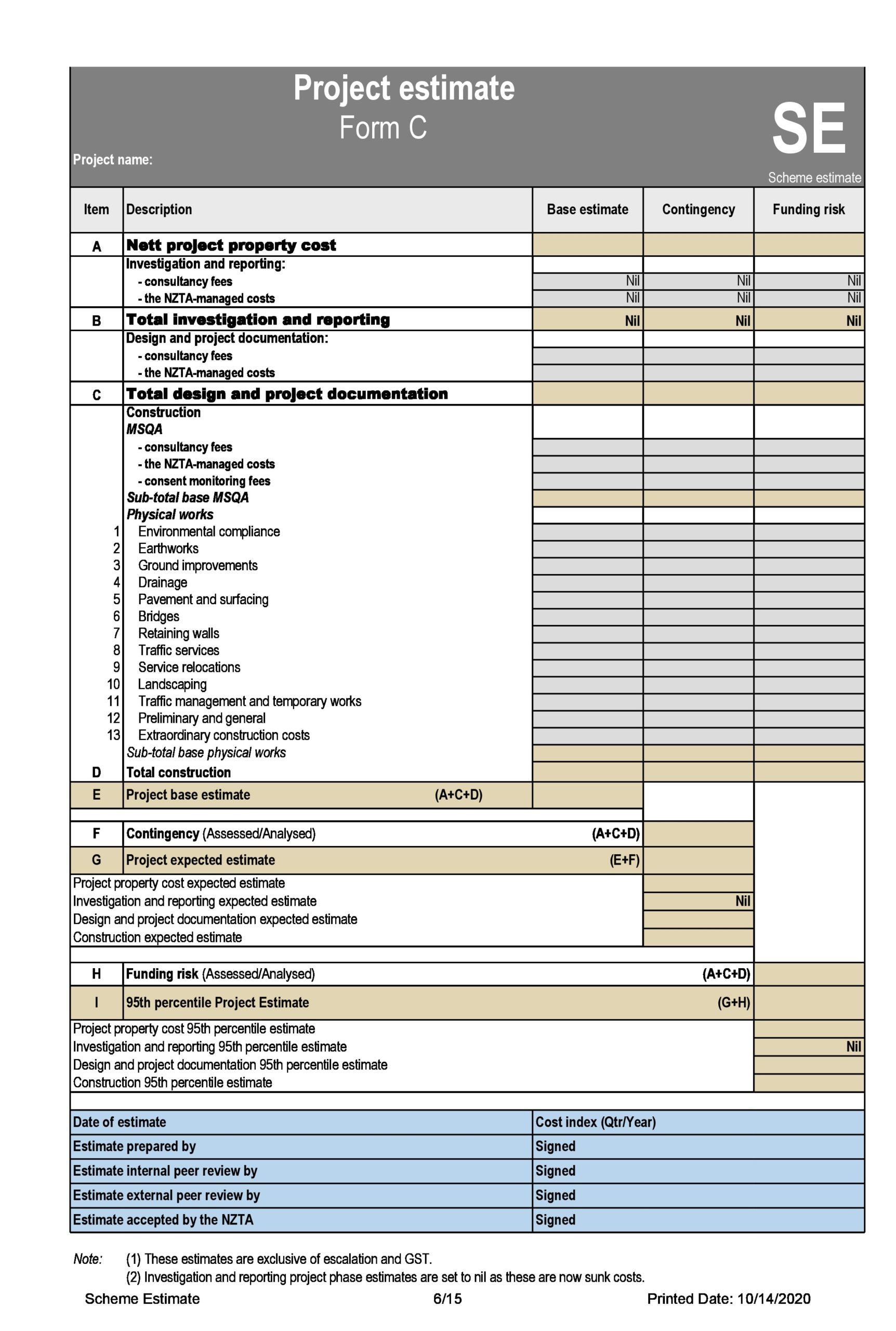

And, if you don’t plan on living in the home forever, consider how design decisions will affect the home’s future resale value. When you’re building a custom home, the sky’s the limit, although you will need to keep in mind your budget and any limitations of your lot. Plan and design the homeįiguring out the size, layout and style of your home is a big task, and it can happen before or after the lot is selected, depending on your individual plans. They should be able to help you check zoning laws and restrictions and identify any attributes of the lot that might make it more expensive to build on - for example, a steeply graded lot may require more engineering, or a lot in a remote area may necessitate a septic tank. A real estate agent can help you identify lots for sale in your area.Īs you narrow down lots you like, you’ll want to loop in your architect and builder to make sure the lot you select fits the needs of your home’s floor plan and design. If you don’t already own the land you plan to build on, you’ll need to shop around for the right lot. There’s an opportunity to refinance into a traditional fixed-rate mortgage once construction is complete.The loan can include the land you’re purchasing or it can cover only the construction costs if you already own the land.A 20%-25% down payment is usually required.They have variable rates that are often higher than typical mortgage rates.Other things to know about construction loans:

You’ll need to provide your lender with a timetable, budget, floor plans, materials needed and extensive details to be considered. Getting a construction loan is often more difficult than getting a traditional mortgage, as you’re borrowing money for a concept and not a physical house. Unless you can pay for the entire build with cash, you’ll likely be looking for a construction loan, which is also sometimes called a self-build loan or a construction mortgage. Once you’ve decided that building a custom home is the right choice for you, the next step is figuring out how you’ll pay for it - and a traditional 30-year, fixed-rate mortgage isn’t an option for custom home construction, at least not at first. Since custom homes are the most complex new construction option out there, we’ll spend most of this article explaining the process. You have total control over the floor plan, layout and finishes, but the process requires a lot of decision-making, attention to detail and disciplined budgeting - custom homes can be expensive. With a fully custom home, you typically find the land on your own then hire a builder to build your dream home. Similar to spec homes, you may be able to select some finishes in advance, depending on the timeline.įully custom homes. Most homes in the community will look similar, and shared amenities are common. Tract homes can be condominiums, townhomes or single-family homes. Then, a home builder constructs all of the homes in that planned community. With a tract home, a developer purchases a parcel of land and divides it into individual lots. Sometimes these homes are listed for sale as “pre-construction.” Depending on how early in the process you are able to go under contract, you may be able to select some of the home’s final touches, like flooring, kitchen appliances and paint color. Instead, they plan on selling the house to a buyer once it’s finished. With a spec home (short for speculative home), a home builder designs and constructs a single-family home without having one individual buyer in mind. But, in the realm of new construction, there are three different approaches buyers can take:

Typically, when someone says they’re planning to build their own home, they are referring to a fully custom build where they have a say in almost everything (short of items restricted by local laws and zoning regulations). Buyers who decided to build new homes were more likely to say that selecting the floor plan, having everything in the home be brand-new and customizing their home features were among their top reasons.* Before deciding if new construction is for you, you’ll want to learn about the different types of new-home construction and familiarize yourself with the process, from the initial land search all the way to selecting finishing touches. If you can’t find your dream home on the market or if you want to create a home that’s uniquely yours, you might consider building a house. Understand the process of building a house.


 0 kommentar(er)
0 kommentar(er)
